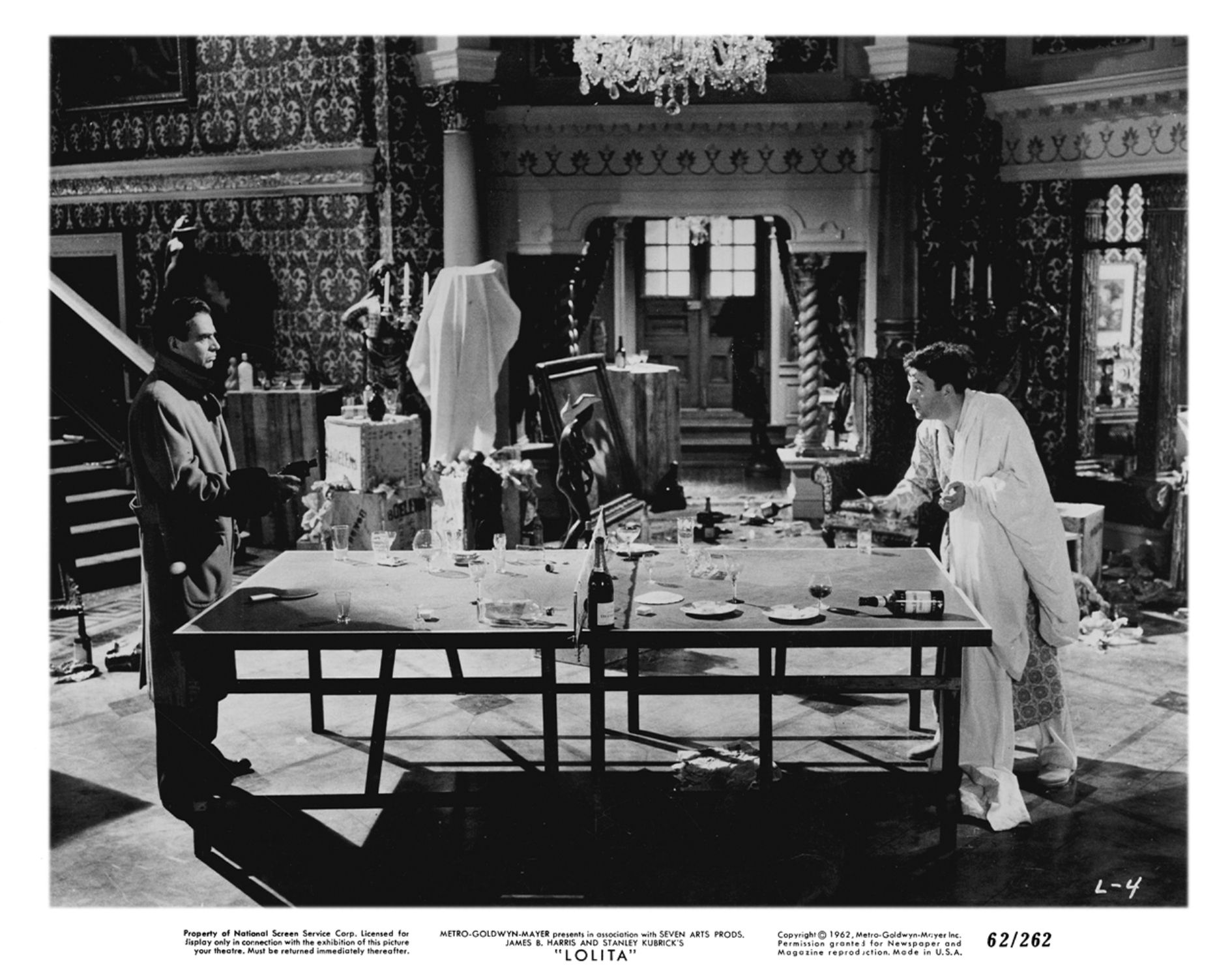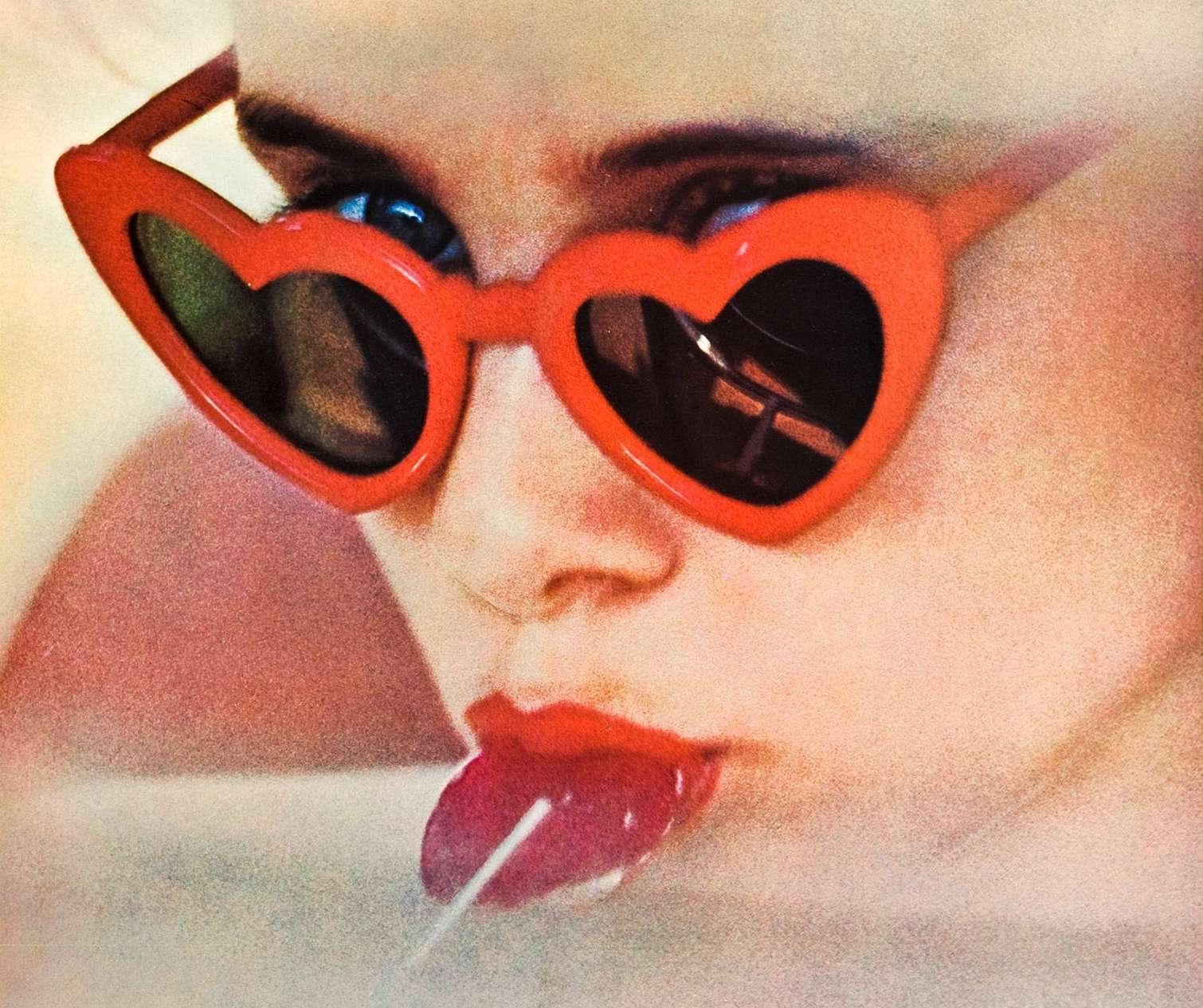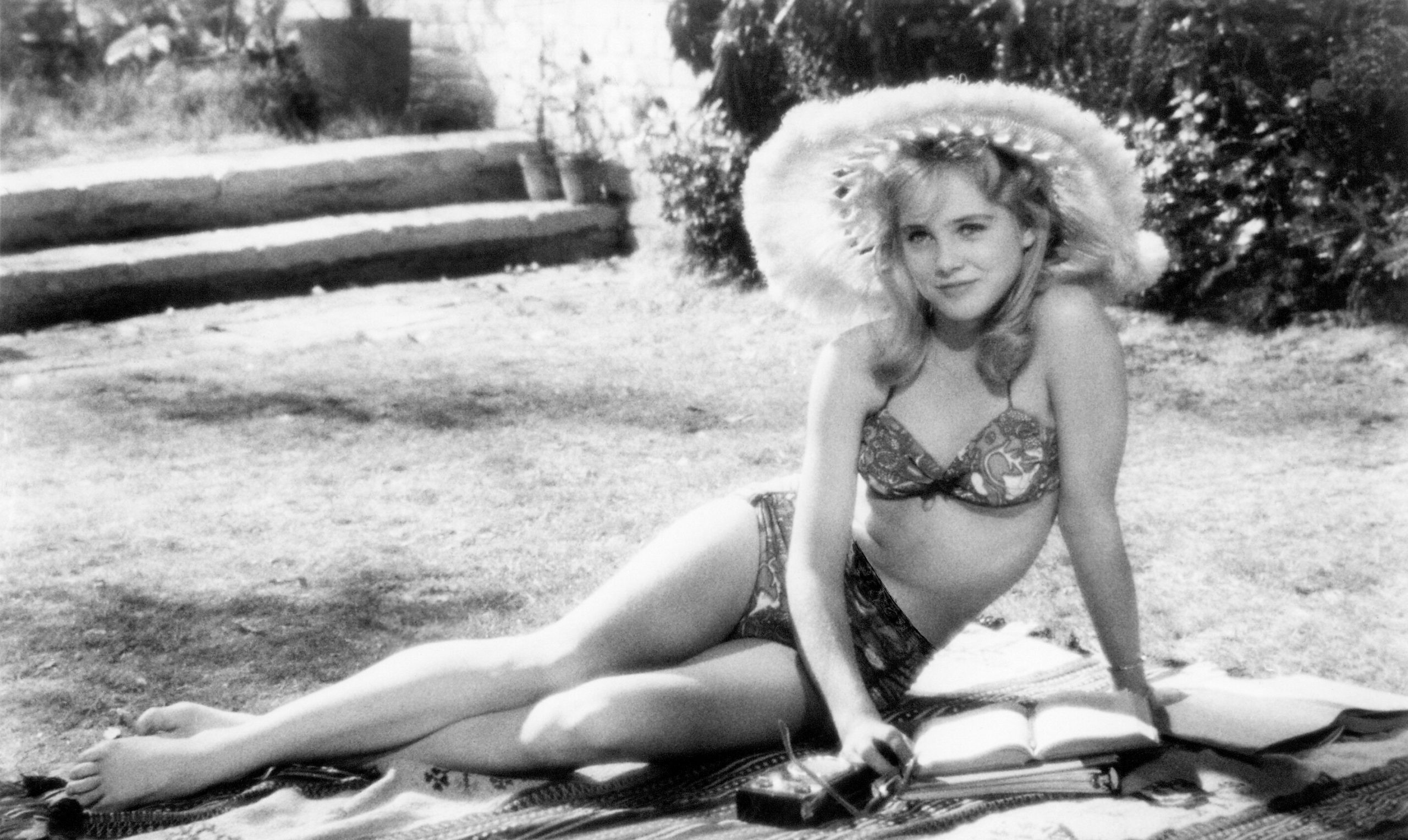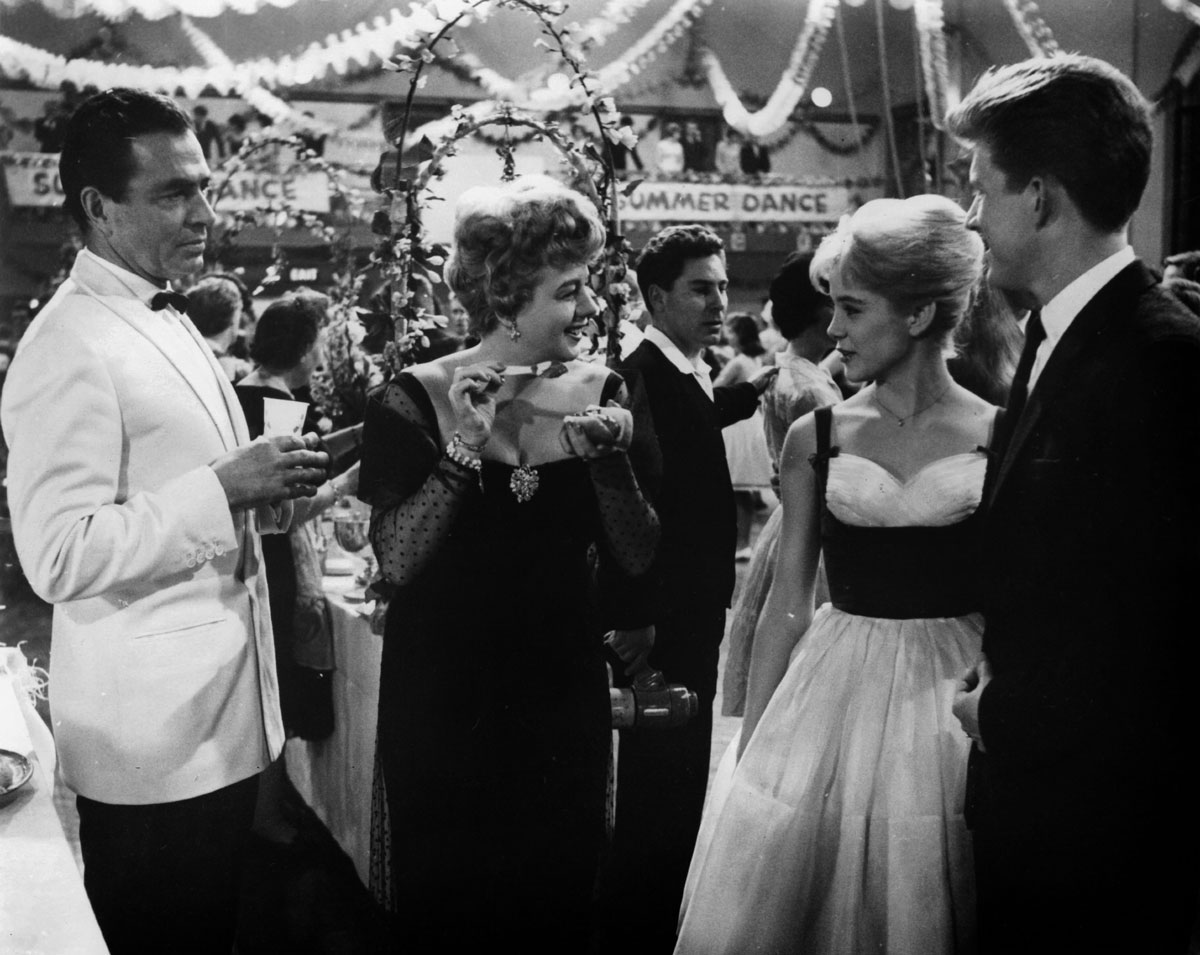
LOLITA: IN ITS WAY, A GOOD FILM – REVIEW BY ARLENE CROCE [SIGHT & SOUND]
Lolita has everything it needed to be as brilliant and beautiful as the novel, except great direction. Vladimir Nabokov’s screenplay is a model of adaptation—resourceful, economical, light-bodied.



